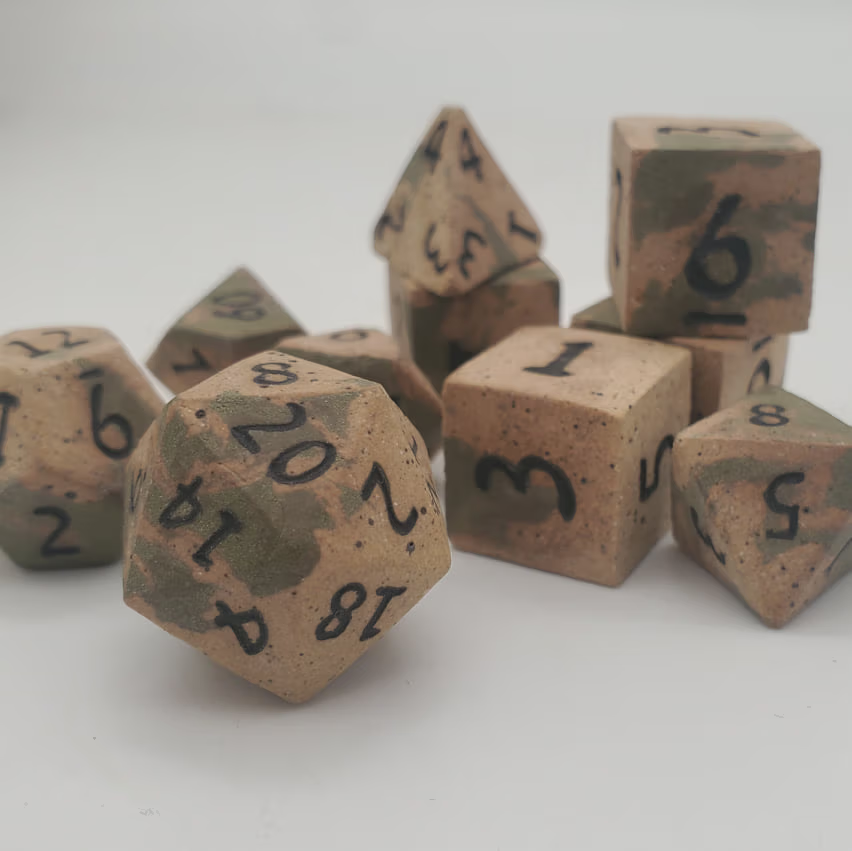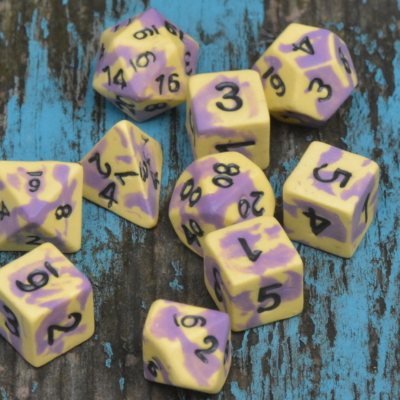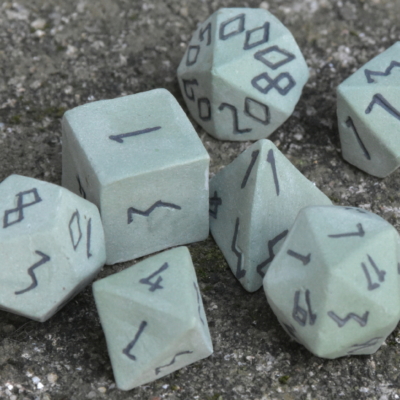The Role of Morality in a D&D Campaign: Green Dragonborn Cleric
In the vast and immersive world of Dungeons & Dragons, morality plays a crucial role, shaping the narrative and character development. This is especially true for those who take on the mantle of a cleric, particularly one with the unique traits of a green dragonborn. In this article, we delve into how morality influences your campaign as a green dragonborn cleric, offering tips and tricks suitable for both beginners and seasoned adventurers.
Understanding Morality in D&D
Morality in D&D is often represented by alignments, ranging from lawful good to chaotic evil. These alignments guide characters‘ decisions and interactions. For a green dragonborn cleric, whose heritage is intertwined with both draconic might and divine guidance, understanding these nuances is vital.
Alignments Explained
Alignments are more than mere labels—they’re frameworks that help players understand their characters’ motivations. As a green dragonborn cleric, you may find yourself torn between the rigid laws of your deity and your inherent draconic instincts.
Crafting Your Moral Compass
Developing a moral compass involves introspection about your character’s past, goals, and beliefs. Consider how your character’s green dragon lineage influences their perspective on right and wrong.
The Moss Druid Ceramic Dice Set can be an excellent companion for your campaigns. Its earthy tones resonate with nature-based spells while adding an aesthetic touch to your game sessions.
Tips for Beginners
- Start by choosing an alignment that resonates with you personally or intrigues you enough to explore its complexities.
- Engage in role-playing scenarios that test your moral boundaries—these can lead to memorable moments in any campaign.
Advanced Strategies
- Experiment with different alignments during shorter campaigns to understand their impact on gameplay fully.
- Create backstories involving moral dilemmas to enrich character depth further.
Within the expansive realm of Dungeons & Dragons, morality is not a mere side note but a fundamental aspect that significantly influences the trajectory of the narrative, as well as the growth and development of characters. For those who choose to play as a cleric, specifically a green dragonborn cleric, the role of morality becomes incredibly complex and intriguing. This guide seeks to help you navigate the moral landscape of your D&D campaign, providing expert tips and advice tailored to both novices and experienced explorers alike.
Morality in D&D is commonly expressed through alignments, which span a wide spectrum from lawful good to chaotic evil. These alignments are instrumental in guiding your character’s decisions, behaviors, and relationships within the game. For a green dragonborn cleric, a character with a unique blend of draconic strength and divine wisdom, gaining a deep understanding of these moral nuances is essential. Alignments are not just simple tags; they are comprehensive frameworks that offer valuable insights into your character’s motivations and drive. As a green dragonborn cleric, it is common to grapple with conflicting priorities between your deity’s strict doctrines and your inherent draconic instincts.
Creating a unique moral compass for your character requires you to delve into your character’s history, aspirations, and convictions. Reflect on how your character’s green dragon heritage shapes their views on morality and ethics. The Moss Druid Ceramic Dice Set, with its natural hues, can be a fantastic companion for your campaigns, enhancing your game sessions with its aesthetic appeal while resonating with nature-based spells. For beginners, it is suggested to start by selecting an alignment that either personally resonates with you or intrigues you enough to explore its complexities. Participate in role-playing scenarios that challenge your moral limits, as these experiences can create unforgettable moments within your campaign. For more seasoned players, consider experimenting with different alignments during shorter campaigns to fully appreciate their impact on gameplay. To further enrich your character’s depth, create backstories that involve moral dilemmas.
-
Runic Assassin’s Ghost Ceramic Dice Set
Select options This product has multiple variants. The options may be chosen on the product page -
Psyy O’Narrah Ceramic Dice Set
Select options This product has multiple variants. The options may be chosen on the product page -
Runic Forgotten Forest Ceramic Dice Set
Select options This product has multiple variants. The options may be chosen on the product page





